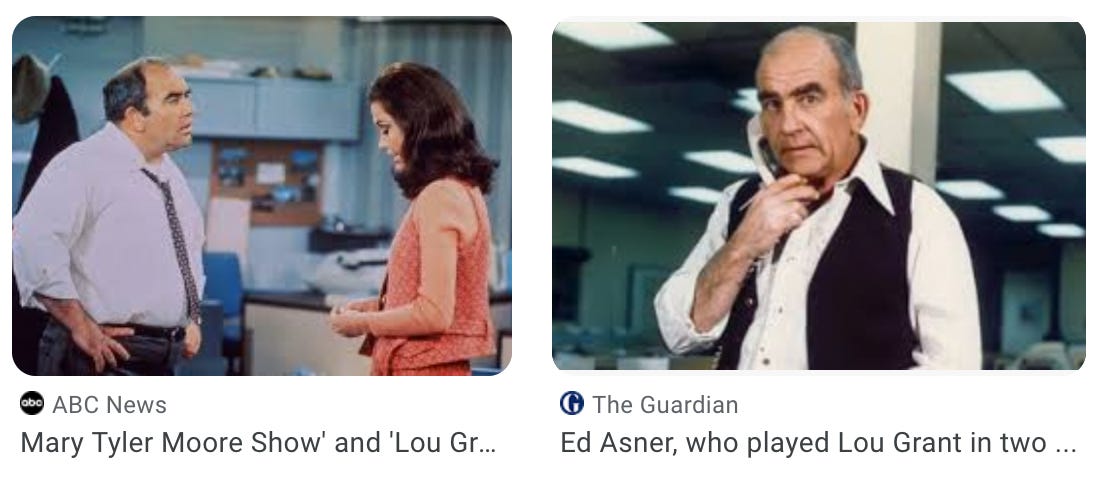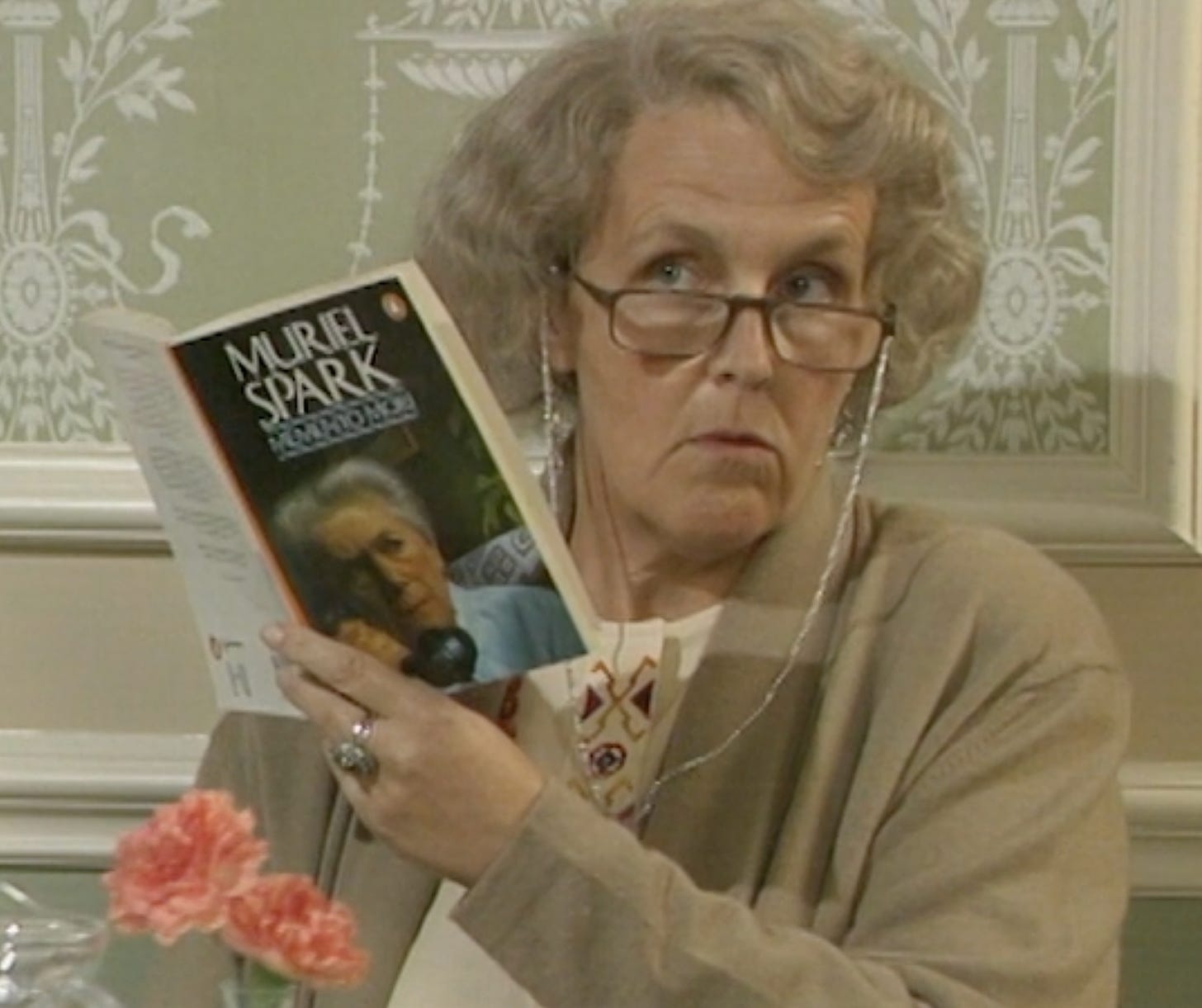Basically every writer, journalist, and thinker I respect and who is on my general side of things insamuch as I have one (plenty of others I respect who are not!) was rapturously sharing James Bennet’s lengthy Economist J’accuse of the New York Times. Bennet, as those who follow media drama or the fate of journalism might recall, lost his job after the Opinion section published an op-ed by Tom Cotton, a Republican senator whose views were shall we say not the stuff that the self-flagellating liberal-white-lady influencers were posting tearfully to the ‘gram in summer 2020. This event is on all the big timelines of Wokeness Gone Amok, but is also, more specifically, an event remembered as one of those SJW staffers take down their bosses incidents with which that moment was associated. The inmates running the asylum, was the sort of thing that might be said, but probably not publicly.
So if I’m stating my priors, I will need to mention that I have a history as a problematic/heterodox/whatever, and I too read the line, “Trying to be helpful, one of the top newsroom editors urged me to start attaching trigger warnings to pieces by conservatives,” and was… I guess not so much horrified as brought back to 2020-2021 and what that moment felt like. Now that free speech has switched over to being associated with the right to make the Jews on your college campus think you want them dead, a lot of the arguments from two-three years ago feel irrelevant. But I’m quite sure that 90% of Team Anti-Bennet, if they know who I am (probably not lol) hates me as well.
I also immediately remembered, seeing his name, that I had read a takedown of Bennet by Jennifer Barnett, and that it had also, less directly, been a takedown of someone I’d had an unpleasant-on-similar-lines experience with, although it’s all sufficiently ancient history that by the time I’d figured out how to read a Medium post if you are not a Medium subscriber (is anyone, in 2023?), I had forgotten which of the players in the post was which, because none are named, and was left with only a vague sense that there might be a side to this other than that Bennet is on the side of Truth and that any detractors are cancel-culture-drunk Illiberals.
Given that my impulses were all over the place, I decided to read the article with an open mind, and this proved surprisingly fruitful because I kiiind of think that everyone is missing the bigger picture.
On one level, Bennet’s correct that media has changed. Gone are the days when young would-be journalists cut their teeth and paid their dues and whichever other clichés on unglamorous local reporting beats before moving on to positions of journalistic influence. This is something he mentions:
“[T]he Times abandoned its practice of acculturation, including those months-long assignments on Metro covering cops and crime or housing. Many new hires who never spent time in the streets went straight into senior writing and editing roles.”
What he doesn’t go into is the tremendous material shift within media of the 2010s or thereabouts, and why journalism was suddenly full of hot takes and outraged tones.

Somewhere along the line, media outlets realized that they could, for $100 an article or $50 or better yet, nothing at all, get something called content. That this would get as much engagement if not more than having a reporter report on local news, let alone the more expensive international variety. These same outlets realized that you could do culture coverage without working conditions permitting staffers or freelancers to have actually seen the movie or read the book. Posting quotas meant that articles got churned out at rates that simply wouldn’t allow pausing to do something so in-depth.
The best content was the most outraged. This got clicks. Being quasi-inside that world (more on that in a moment; if Bennet can go long, I can go longer, getting the article-measuring ruler out as we speak), I knew enough to understand that the person writing about how MAD she was at the racists and sexists and whatnot might not have an actual emotional state matching the way things were phrased. This was simply the writing style the moment encouraged.
What this meant was that the new ‘crop’ of young journalists were not inherently outrage-prone social justice warriors, but rather a group of people whose professional formation was what it was, because of editorial and financial decisions made by industry higher-ups.
“After the 9/11 attacks,” writes Bennet, “as the bureau chief in Jerusalem, I spent a lot of time in the Gaza Strip interviewing Hamas leaders, recruiters and foot soldiers, trying to understand and describe their murderous ideology.” And today’s young journos embed three social media posts and call that reporting.
Bennet writes—sneers, I am tempted to say—“Though they might have lacked deep or varied reporting backgrounds, some of the Times’s new hires… were practised at marketing themselves – building their brands, as journalists now put it – in social media.” Was this because the youths were egomaniacs who didn’t want to put in the time reporting on the elderly in their area, as Bennet once did? No. The realities of the profession had—have—simply shifted. Given the constant layoffs in media, anyone not building their brand is probably a fool.
While the esteemed New York Times is not Bustle or Babe dot net, it would have been existing in the same media environment, and these shifts trickled even there. Everyone wants to talk about the role of academia in all this, as though some postcolonial studies classes or whatever are the root of what’s going on, but no, it is the $75 hot take.
This was the famous overproduction of “opinion” versus news. But essays aren’t an inherently lesser form than news. Just different. And easier to churn out.
Some of what Bennet’s discussing is liberalism versus illiberalism. Some is also just nostalgia—for a time more suited to his dispositions, and (maybe) when bosses got more respect. (Jobs also offered a bit more stability!)
“The journalist from central casting used to be a loner, contrarian or a misfit. Now journalism is becoming another job for joiners [.]”
Journalism became feminized. As in, it opened up to women, and as inevitably happens when industries do, it stopped being taken as seriously, stopped seeming like the sort of thing for which someone ought to be compensated.
A line from Barnett’s post stuck with me: “Not long after I quit, he also left but he went on to be next in line to run the paper of record, and I was volunteering to write the newsletter for the parent organization at my kid’s school.” Gone from media are the swashbuckling days of working (or drinking) overtime for the hell of it, let someone else (the wife) figure out bedtime, salaryman-style.
I will end, though, with the part of the article that was, for me, its madeleine. (Did I do a Zola and a Proust reference in the same post? Guess I’m using the French doctorate after all!) It’s the part about the blogs at the Atlantic, of the early 2000s.
Those were the glory days of the blog, and we hit on the idea of creating a living op-ed page, a collective of bloggers with different points of view but a shared intellectual honesty who would argue out the meaning of the news of the day. They were brilliant, gutsy writers, and their disagreements were deep enough that I used to joke that my main work as editor was to prevent fistfights.
I remember these well. I also remember thinking how my dream would be to be one of the bloggers, but noticing that there were a bunch of men and one woman, and that the entire endeavor was rather obviously coded as a thing men did. A swashbuckling (“fistfights” if only imagined ones) realm where I wouldn’t stand a chance. I imagined I’d never qualify to be amongst the ranks in such an arena, and then I go back to my own 2009 blog posts or whatever, and they’re nothing to sneeze at, and it’s like shit.
And I sure showed them! I am now literally earning a living as an opinion writer, writing my second opinion-driven book, despite having had two babies and despite enjoying shopping for vintage dresses. It’s allowed these days. (Thanks SJWs!) It is also extremely precarious these days, and therefore I have showed no one anything at all.




Regarding the declining compensation in journalism, how much was the feminization also linked to the glamourization, which also drives down pay? By now, most people are aware that journalism is a rich-kid's (or aspiring rich-kid's) field. Did women go into journalism because it was becoming cooler? Or did journalism become cooler because more women wanted to be in it?
babe dot net never forget